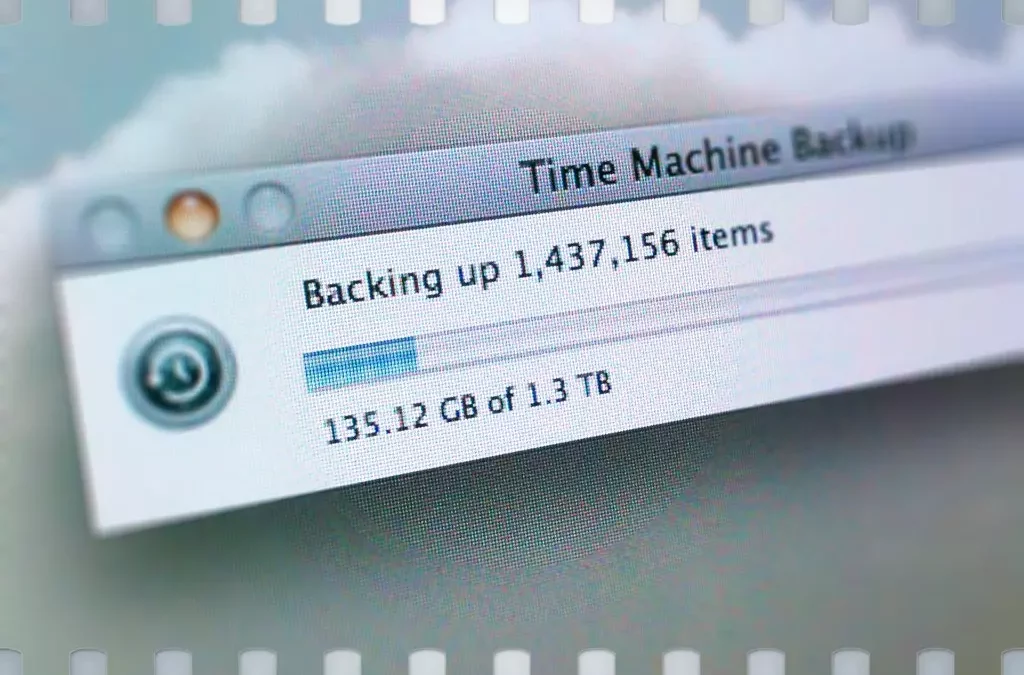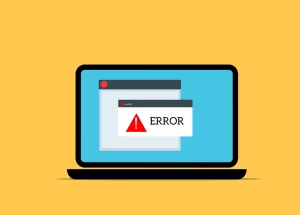One of the mistakes website owners make is not thinking about or planning for a backup of their website.
This is what happens to many website owners, they have successfully launched their website and everything is going on well, and one day, a friend tells them they can’t access their website anymore.
You checked, and all your website files are gone. Someone has hacked into your website and you are wondering what next you should do.
But what happens when a user of your website loses access to their account or an attacker compromises your site and steals information?
This is where backing up your website is important.
Backing up your website is simply making a constant duplicate of your website stored in a particular location outside of your website so that you can reuse it in case anything happens to your website.
Many hosting companies make a backup of your website mostly on monthly basis. This is a good place to start, but it is not recommended you rely on them, because the backup file they have may not be up to date based on how often you update your website.
To ensure you always have a recent backup of your website files, you should take up the responsibility yourself, or engage the services of a web consultant to help set up and manage your website file systems.
Here are the reasons why you should have a system to back up your website regularly.
1. As a safety measure.
It is important that you take the time to back up your website regularly. This will help ensure that if anything happens to your hosting provider, you won’t lose any data or be left without a way to access it.
You should also make sure that you don’t rely on the hosting company itself for this task. There are many companies out there that offer backup services but do not have adequate security measures in place; this can lead to problems down the road if they are hacked or their servers fail due to inadequate maintenance from their staff members (which tends not to happen often).
2. It is cheap to have a website backup system.
Backing up your website is easy and cheap. There’s no need to pay for a backup service or purchase special software that costs money. Most hosting companies offer an automated tool that you can use to back up your site, but if you’re looking for more control over the process, there are many free options available as well.
If your website is running on WordPress, there are many free backup plugins you can install and set up and they will be handling your website backup automatically and store the files in a remote server like GoogleDrive, Amazon S3, Dropbox, etc.
Like I said earlier, this is pretty easy to do but if you need help, you can talk to your website designer or website consultant.
3. It saves you time and headaches.
You don’t have to worry about losing data, because your backup will always be up-to-date. This means that if something goes wrong with your website (e.g., a hacker steals your database), you can quickly get back up and running in the event of a disaster by restoring the latest version of your site from its backup file.
4. It keeps your users safe, too
Your website is the first thing that your users will see when they want to have dealings with you online. If it goes down, they won’t be able to use it and they won’t know why or what’s happening (unless you tell them). They might leave without saying anything, but if you don’t have a backup of their data and other important information such as passwords, then this could cause problems for both parties.
If someone hacks into one of your sites, then there’s a chance that their personal information could get compromised as well, that is if you have other websites hosted on the same hosting account.
The good news is that there are many ways where backups can help protect against these events happening in the first place:
Your website is for the world to see, which makes it vulnerable to that world
You might not think that your website is at risk, but it is. And if you’re not taking steps to protect it from the world and its many dangers—like hackers, spammers, and malware—you’re leaving yourself open for attack.
Hackers can use any number of methods to gain access to a server or network where your site resides: phishing emails with malicious links; brute force attacks against passwords; social engineering tactics like phone calls or text messages asking for financial information; even simple SQL injection errors that allow them access through simple flaws in database design. The most common way they do this? By breaking into an account used by someone else (like yours).
Once they’ve gained access to one server or network, they can launch attacks against other parts of the same system as well as other systems connected through ports on those same networks by affecting large numbers of computers at once in order to spread across all available resources at once (and thus causing major disruptions).
Good website backup practices
- Always make sure you have at least one copy of your site stored safely on a server somewhere in case something goes wrong (like an accident or some hacker trying to steal your data). You should also keep backups on multiple devices so that if one gets destroyed, another will be available. This can save you from having to start over from scratch.
- If possible, test your backup system before going live with it by intentionally breaking something on your site and seeing how well it works—or doesn’t work! This will help ensure that whatever backup system you’ve chosen will work well under real-world conditions. If not, then figure out why and fix it before moving forward with the process!
- Make sure your backup system is regularly updated so that if any changes happen with the site itself—for instance if a new feature is added or something else changes—then there’s nothing
The best way to keep your website going strong is to back it up regularly.
Watch the video below to learn how to backup your website for free.
Conclusion
I hope you’ve learned a few things about why it’s so important to backup your website regularly. If your site is backed up, it will be easier for you to get back into business quickly and keep its users safe from potential disasters. When you do this, you’ll also save yourself time and headaches in the long run.
If you need help on setting up a backup system for your website, feel free to reach out to me here.









